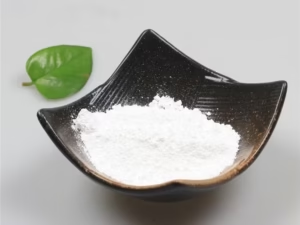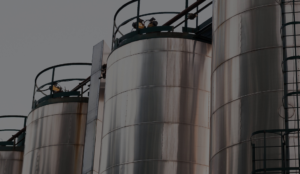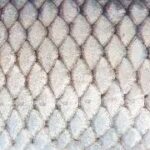Description
Methionine
Methionine is an essential component that allows for complex protein synthesis. It allows the animal to use the rest of the amino acids. Methionine, as an essential component in protein synthesis, is produced industrially both chemically and from natural raw materials. As a chemically stable substance, methionine must be stored under appropriate conditions to avoid degradation, which is important in the context of its long-term storage and transport.
| Physical and chemical characteristics | Value |
|---|---|
| Contents | ≥ 99.0% |
| Loss on drying | ≤ 0.3% |
| Ash | ≤ 0.5% |
| Microbiological contamination (total microbial count) | < 5E05 cfu/g |
| Yeast | < 1000 cfu/g |
| Molds | < 1000 cfu/g |
| Coliform bacteria | < 100 cfu/g |
| Salmonella spp. in 25 g | not detected |
| Clostridium spp. | < 100 cfu/g |
| Lead (Pb) | ≤ 5 mg/kg (ppm) |
| Arsenic (As) | ≤ 2 mg/kg (ppm) |
| Cadmium (Cd) | ≤ 0.5 mg/kg (ppm) |
| Mercury (Hg) | ≤ 0.1 mg/kg (ppm) |
| Fluorine (F) | ≤ 150 mg/kg (ppm) |
| Dioxins | ≤ 0.5 ng WHO-PCDD/F-TEQ/kg |
The shelf life of methionine is 3 years. The product should be stored in a dry place at a temperature below 30°С.
The product is added to feed premixes to maintain the desired level of methionine, which may be insufficient in other protein sources such as soy or rapeseed. L-methionine is an essential ingredient that allows for complex protein synthesis. It allows the animal to use the rest of the amino acids. High-yielding cows need increased levels of methionine to produce milk. The product also causes fewer health problems and fewer abortions. In the diet of piglets, methionine is partially responsible for the synthesis of creatine. Added to poultry feed, it allows for increased egg production, building muscle mass and maintaining a healthy digestive tract.















Reviews
There are no reviews yet.